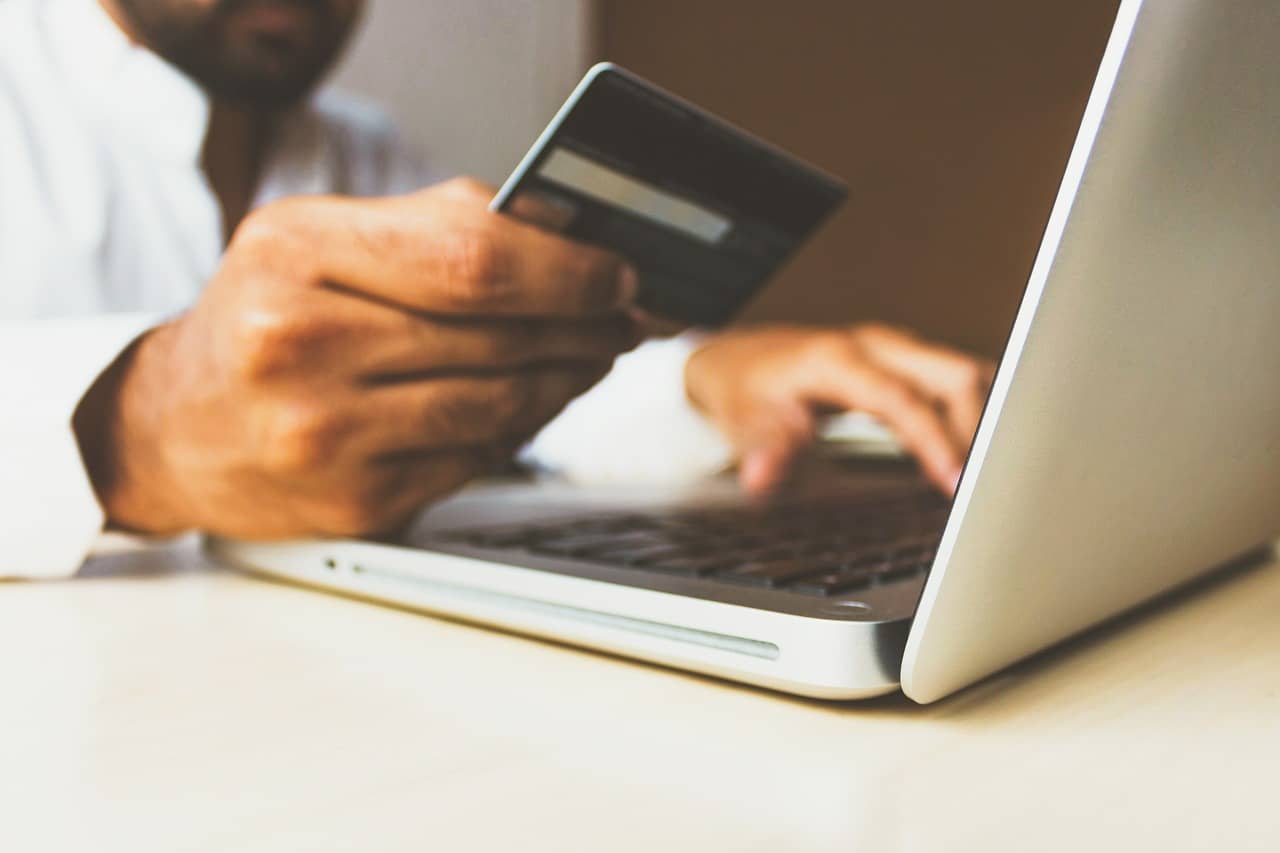What i’ve learnt about scams
Eden Fiske
- Money Lessons, Scams

As a person in my mid-twenties I often believe I know how to navigate online communities pretty well, when something seems a bit suspicious, it’s better left alone. But I didn’t always have this information.
In the town I grew up in, in my home and in my schools, the technology side of things wasn’t so flash. I didn’t even really start using social media or online shopping until I was around eighteen, meaning I got a much slower start to things. It didn’t help either that no one in my family was really into technology.
It wasn’t until I experienced a minor scam in my early twenties through an online shopping platform, that I began to tune in a lot more to what people were saying about scammers.
Whilst this kind of knowledge about how to stay safe online feels natural to people who grew up using a lot of technology, for me, my family and a lot of friends this wasn’t the case. I feel like there are a lot of Mob out there in the same boat, so it’s always good to look out how we can avoid being scammed and protect ourselves against people wanting to use our information for the wrong reasons.
A big learning curve for me was that not all scammers came across like scammers.
What I mean to say is that not every scammer sends you a dodgy looking email asking for money. The reality of scamming nowadays is far more intricate and far more-simple at the same time. A massive portion of scams happening today are done through the stealing of information first rather than directly stealing money. We need to remind ourselves that in this day and age, data is valuable, and our information – although sometimes it feels like its already all out there in the ether – is a very valuable thing. A tool that can be used against us to do some pretty horrible things.
Some of the most recent scams targeting people have been through either mirroring sites or social media. Mirroring sites have been widely reported on, and involve sites that look like legitimate websites you might visit, most commonly bank accounts, but rather than being the legitimate thing are actually fake addresses that are supposed to appear legitimate, in turn taking all of your information when you log in.
The other massive culprit for scamming, and one that has seemingly increased at a rapid rate in the past six months has become Facebook Marketplace. This one is particularly dangerous, as the scammers are targeting people who are already willing to engage with strangers, in a community that is supposed to be safe and full of respect. It crosses ages, cultures and financial situations, and can be very damaging if you aren’t careful.
The specifics of the Facebook Marketplace scams are usually directed at a person selling an item, you will be contacted by a profile that may seem very legit, they will be expressing what seems like genuine interest in your items, sometimes even asking a few questions. They will then say that they want to secure it and pay you money to your PayID – the most common way to make quick and easy bank transactions these days – this all seems normal because you feel like your banking is secure and they are the one sending you money.
However once you hand over this information, the scammer may immediately take your PayID along with any other information and begin to use your name and money fraudulently. This can be a heartbreaking, stressful and difficult situation that takes a lot of resolution.
The only real way we can fight this kind of insidious behaviour is by learning about it, and even more importantly, beginning to share that information with everyone, particularly all the Mob around you. You never know, talking to a friend or a family member about having scam, awareness could save them money, time and pain.
If you want to know more about scams, you can visit scamwatch.gov.au or read one of our guides, like this one. Like all articles on TomorrowMoney, this is not personal financial advice.
Let us know if you liked this article
Let us know if you liked this article




